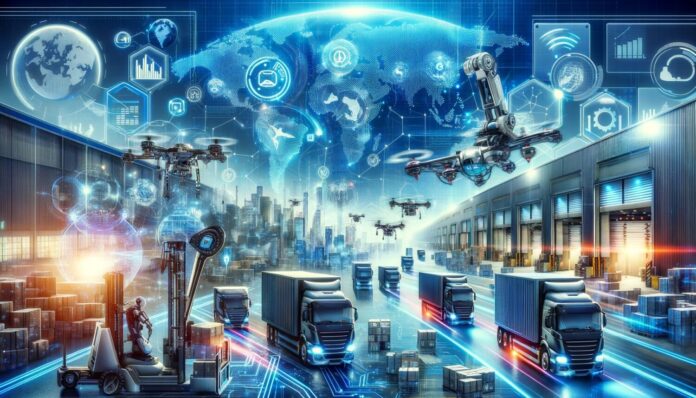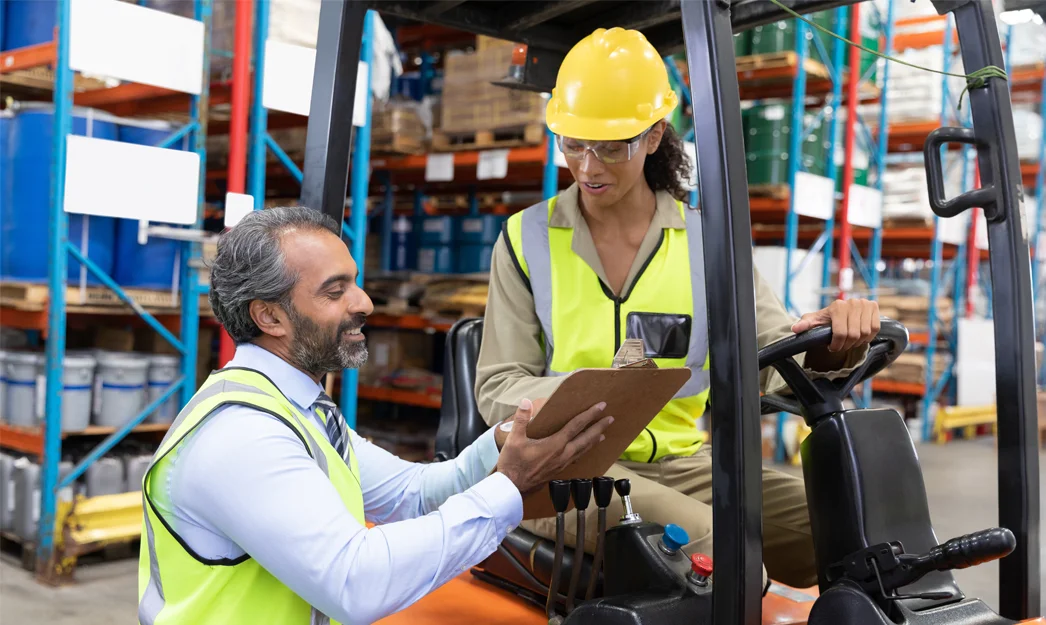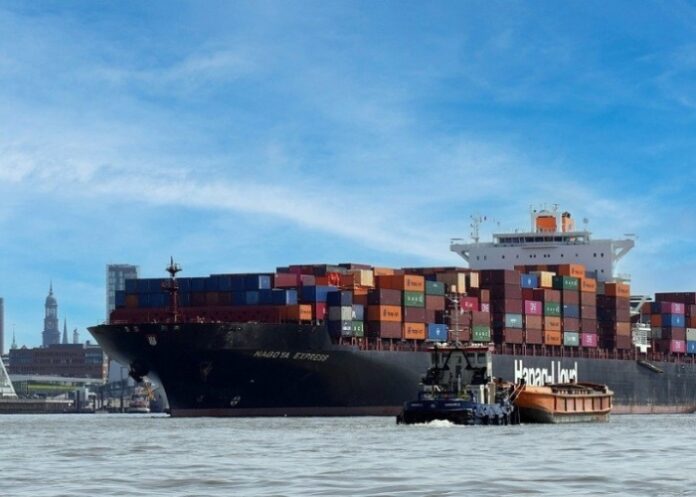The global economy relies heavily on efficient and reliable logistics systems to ensure seamless movement of goods and services across borders. As businesses expand their operations to international markets, the demand for innovative logistics solutions has never been higher.
In this context, logistics companies are playing a pivotal role in redefining how supply chains operate on a global scale. Companies like Scan Global Logistics are at the forefront of this transformation, leveraging cutting-edge technologies and strategic partnerships to provide comprehensive logistics services that meet the evolving needs of modern businesses.
International logistics encompasses a range of activities, from warehousing and transportation to customs clearance and freight forwarding. Each of these functions requires meticulous planning and execution to avoid disruptions and minimize costs. Given the complexities involved, businesses often rely on specialized logistics providers to manage their supply chains.
These providers, in turn, utilize advanced technology and analytics to optimize their operations, reducing lead times and enhancing overall efficiency.
Additionally, international logistics is influenced by various external factors such as changing trade policies, geopolitical tensions, and environmental concerns. Companies must be agile and adaptive to navigate these challenges effectively.
By leveraging data-driven insights and adopting sustainable practices, logistics providers can enhance their resilience and contribute to a more sustainable global supply chain ecosystem.
Technological Advancements Driving Logistics Innovation

Technology is revolutionizing the logistics industry by providing new tools and capabilities to enhance efficiency, visibility, and flexibility. From blockchain and IoT to AI and machine learning, a plethora of innovations are shaping the future of international logistics.
One of the most significant advancements is the use of IoT devices for real-time tracking and monitoring of shipments. By embedding sensors in cargo containers and vehicles, logistics providers can collect real-time data on their location, temperature, and condition.
This information enables them to make informed decisions, optimize routes, and proactively address potential issues before they escalate. For instance, if a temperature-sensitive shipment is exposed to suboptimal conditions, the system can trigger an alert, prompting immediate corrective action.
Another transformative technology is blockchain, which offers a secure and transparent way to manage supply chain transactions. By creating a decentralized ledger of all activities, blockchain enhances trust and accountability among stakeholders. It also simplifies the process of verifying documentation and ensures compliance with regulatory requirements.
Furthermore, AI and machine learning algorithms are being used to predict demand, optimize inventory levels, and improve demand forecasting. These technologies enable logistics providers to offer more reliable and cost-effective services to their clients.
Sustainability ─ a Growing Priority in Logistics

As global awareness of environmental issues increases, sustainability has become a key focus for the logistics industry. Companies are under pressure to reduce their carbon footprints and adopt eco-friendly practices throughout their supply chains. Logistics providers are taking proactive steps to integrate sustainability into their operations, from reducing emissions to adopting green technologies.
One of the primary ways logistics companies are addressing sustainability is by optimizing transportation routes and modes to minimize fuel consumption and emissions. This involves using advanced routing software to identify the most efficient paths, consolidating shipments to reduce the number of trips, and selecting eco-friendly modes of transport such as rail or sea where possible. Additionally, the adoption of electric and hybrid vehicles is gaining traction, offering a cleaner alternative to traditional diesel-powered trucks.
Sustainable warehousing practices are also becoming more prevalent, with companies investing in energy-efficient buildings, renewable energy sources, and waste-reduction initiatives.
For instance, implementing solar panels and energy-efficient lighting can significantly reduce a warehouse’s energy consumption. Moreover, logistics providers are promoting the use of recyclable and biodegradable packaging materials to minimize waste generated during shipping and handling.
The Human Element in Logistics ─ Enhancing Customer Experiences

Despite the increasing automation and digitization of logistics processes, the human element remains crucial in delivering exceptional customer experiences. Logistics companies are investing in training and development programs to equip their workforce with the necessary skills to navigate the industry’s evolving landscape. This focus on human capital is essential for ensuring that clients receive personalized and responsive service tailored to their unique needs.
Effective communication and collaboration between logistics providers and their clients are vital for building trust and maintaining strong relationships.
Moreover, having a knowledgeable and dedicated team allows logistics providers to offer customized solutions that address specific challenges faced by their clients. Whether it is managing complex regulatory requirements, handling high-value or sensitive cargo, or navigating geopolitical uncertainties, a skilled workforce can provide the expertise and support needed to overcome these obstacles. This human-centric approach not only enhances operational efficiency but also fosters long-term partnerships based on mutual trust and value creation.
One emerging trend that promises to further revolutionize the logistics industry is the integration of autonomous vehicles and drones. As these technologies mature, their potential to transform supply chains becomes increasingly apparent. Autonomous trucks and delivery drones can significantly reduce transportation costs, eliminate human error, and enhance delivery speeds, particularly in hard-to-reach areas.
For example, in rural or remote regions, drones can bypass traditional infrastructure constraints and deliver goods quickly and efficiently. Similarly, autonomous vehicles can operate around the clock, reducing transit times and improving overall supply chain efficiency.

However, widespread adoption of these technologies will require overcoming regulatory hurdles, addressing safety concerns, and ensuring seamless integration with existing logistics infrastructure.
Moreover, the development of smart warehouses powered by AI-driven robotics further enhances efficiency by automating repetitive tasks such as sorting, packing, and inventory management.
This not only reduces labor costs but also minimizes errors and accelerates order fulfillment. While these innovations bring immense opportunities, they also pose challenges related to job displacement and the need for upskilling the workforce.
As logistics providers navigate this technological evolution, a balance between automation and the human element will be crucial. Companies that successfully blend advanced technology with human expertise will be best positioned to lead the future of international logistics.









